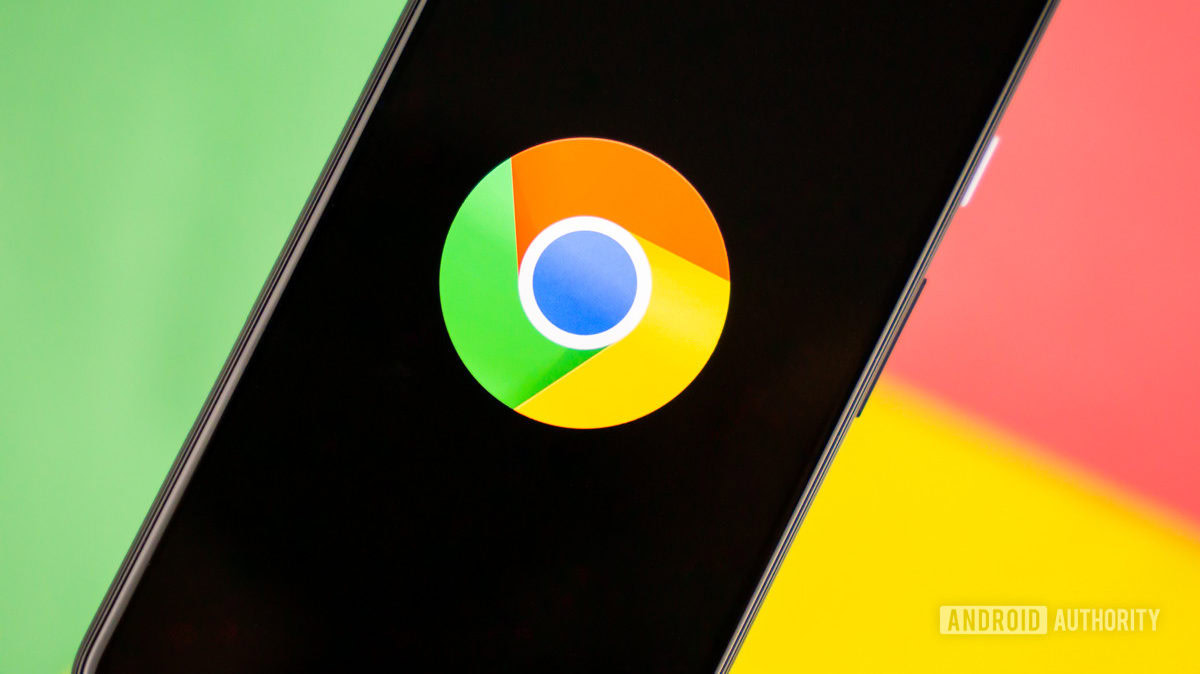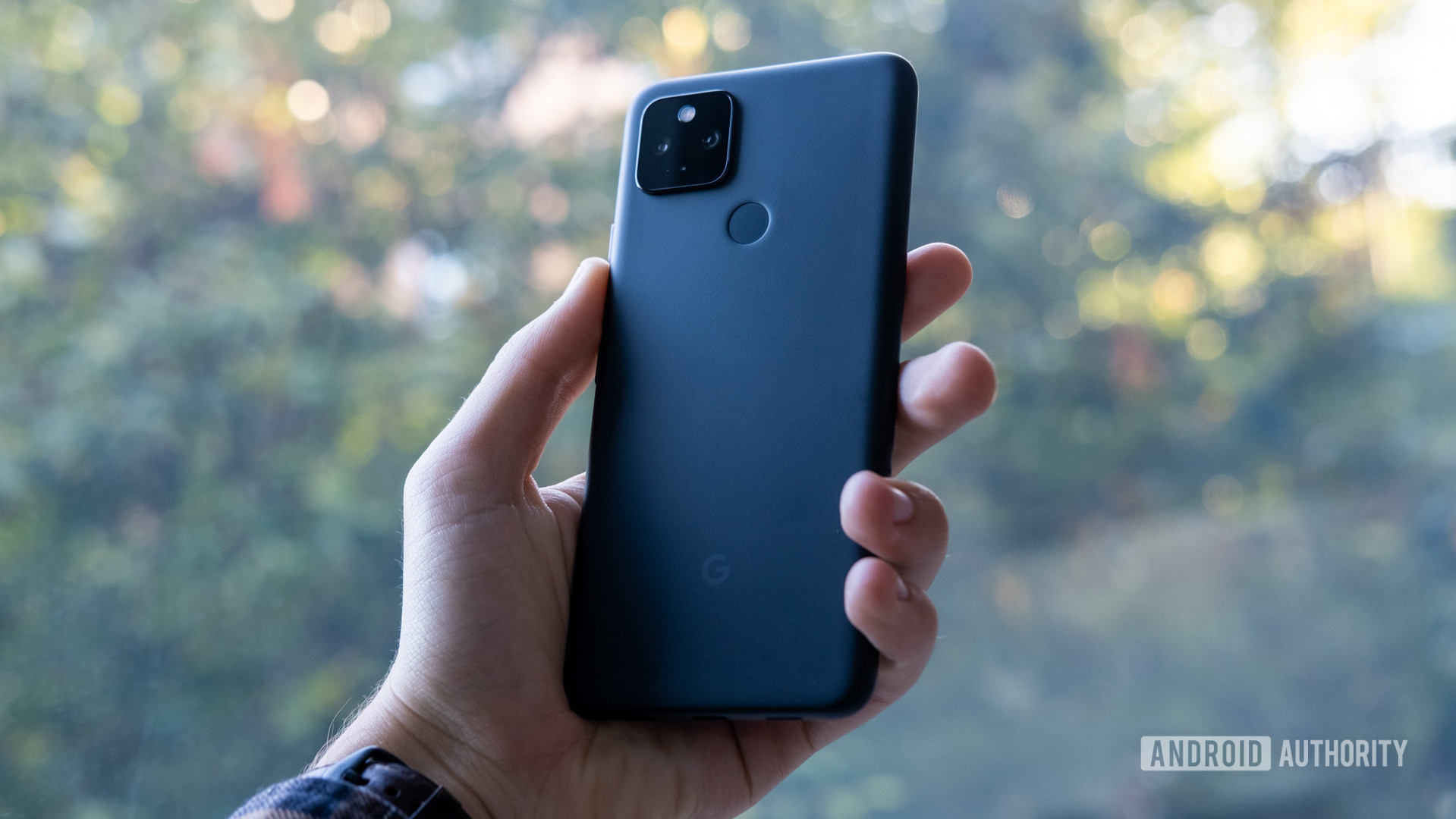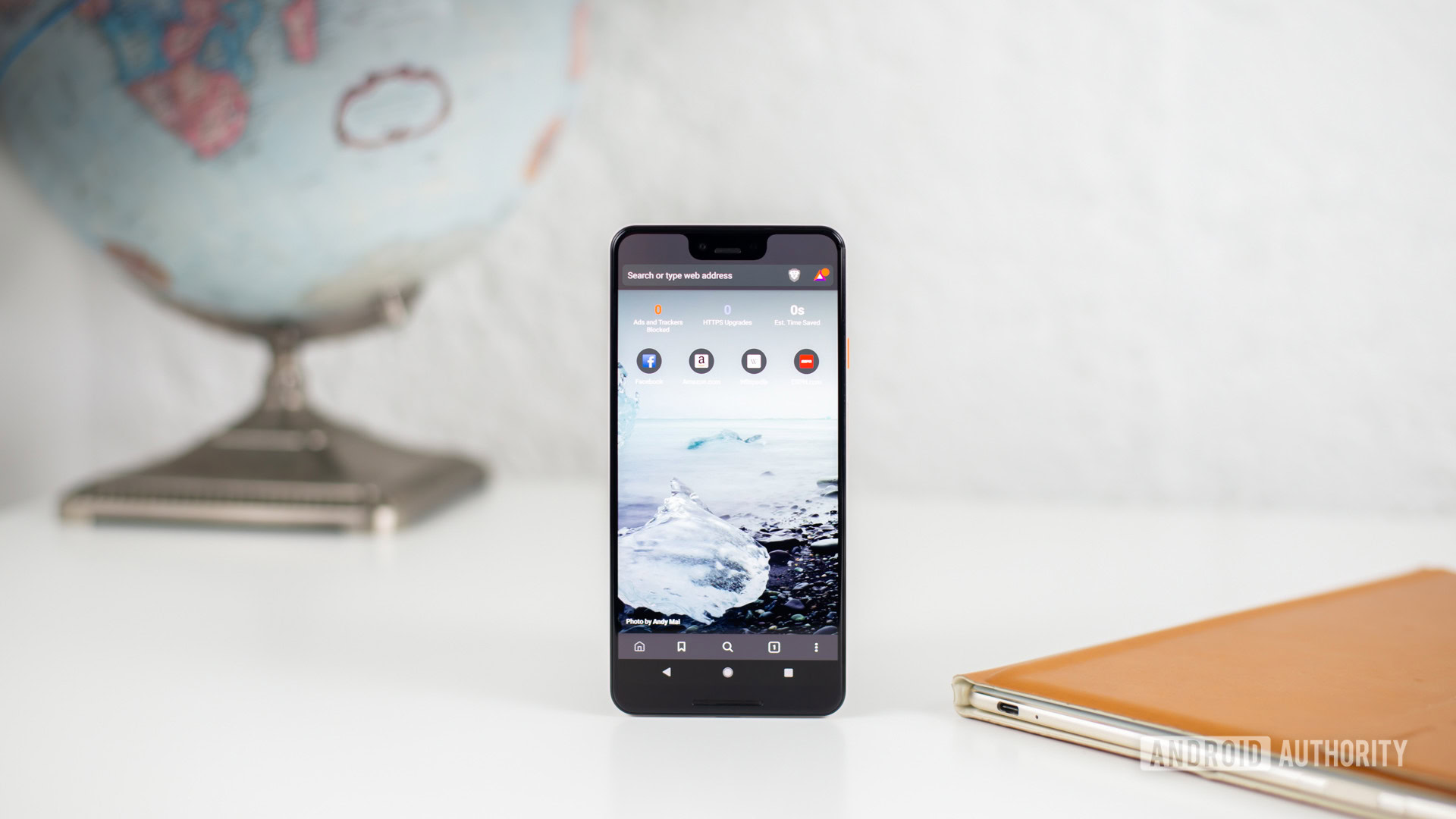Affiliate links on Android Authority may earn us a commission. Learn more.
Need for speed: What's the fastest Android browser?
Published onApril 23, 2022

We use our Android devices for everything. Calling, texting, checking email, scrolling through social media — you name it. Not everything is done through an app, though. We often have to use a browser. And while Chrome comes pre-installed on every Android device, is it really the fastest Android browser?
We’ve taken it upon ourselves to find if it is. We subjected 10 of the best Android browsers to a series of tests and benchmarks. This will help us find out the top performer for your everyday needs.
Aims, method, and limitations
Our aim for conducting these tests is to provide extensive (but not necessarily exhaustive), objective, and measurable data, helpful in deciding which Android browser to favor for daily use.
We tested the following specific browser versions:
- Google Chrome (100.0.4896.127)
- Dolphin Browser (12.2.9)
- Mozilla Firefox (99.2.0)
- Brave Browser (1.37.116)
- Samsung Internet Browser (16.2.5.4)
- DuckDuckGo Privacy Browser (5.121.0)
- Microsoft Edge (100.0.1185.50)
- Opera (68.3.3557.64528)
- Lynket (2.1.3)
- Ecosia (6.0.2)
The browser versions listed above are the most current as of this writing. They’re also the ones we used for the tests.
Test device used

We’re conducting all tests with the Google Pixel 4a 5G running Android 12. It features mid-end specs, can handle any browser, and should provide a consistent experience across the board. This way, we ensure the phone’s capabilities are not a bottleneck for browser performance. It’s running Android 12 and has been factory reset to avoid any influence from other apps and services. We’ve only loaded the mentioned browsers and made sure to update the device to the latest software available.
Reboots
Before each test, the Pixel 4a 5G was rebooted to ensure the tests ran on a clean slate. Browsing data, history, cookies, and other browser app data were also cleared before running each test, except in the cached page loading test. We wanted to minimize the possible influence of other apps or data upon the test results.
Also, to improve data accuracy, we ran each test or benchmark three times and computed the arithmetic mean or simple average of the three recorded results.
Areas tested
Our series of tests covered these general areas:
- JavaScript and overall browser performance
- Page loading speed
Used benchmarks
To test JavaScript and overall browser performance, we used the following popular and well-known benchmark suites:
- Sunspider 1.0.2
- Mozilla Kraken 1.1
- Basemark Web 3.0
- Octane 2.0
- Speedometer 2.0
These tools measure browser processes, such as page loading, JavaScript performance, HTML capabilities, etc., and represent the browser’s “performance” with a numeric score. Scores will vary from time to time, even when the same benchmark is run on the same device.
SunSpider 1.0.2
We first conducted the SunSpider benchmark, designed to test the core JavaScript abilities of the browser. Measured in milliseconds, a low score means faster/better performance.
| Sunspider 1.0.2 benchmark results | |
|---|---|
Mozilla Firefox | 401.7 |
Lynket | 478.97 |
Ecosia | 483.8 |
Google Chrome | 484.9 |
Brave Browser | 489.2 |
Dolphin Browser | 500.47 |
Samsung Internet Browser | 550.57 |
Microsoft Edge | 564.63 |
Opera | 568.2 |
DuckDuckGo Privacy Browser | 634 |
Mozilla Firefox beats the competition by a wide margin. The closest competitor is Lynket, and it struggles to catch up with it, falling behind by over 70ms.
Mozilla Kraken 1.1
After SunSpider, we ran Mozilla Kraken. Like SunSpider, it measures the browser’s JavaScript performance by using “different test cases extracted from real-world applications and libraries.” The Mozilla Foundation develops the benchmark.
As with SunSpider, the score is in milliseconds; a smaller score means better performance.
| Mozilla Kraken 1.1 benchmark results | |
|---|---|
Brave Browser | 1859.67 |
Samsung Internet Browser | 2004.83 |
Microsoft Edge | 2106.1 |
Google Chrome | 2118.07 |
DuckDuckGo Privacy Browser | 2118.93 |
Opera | 2141 |
Lynket | 2389.13 |
Ecosia | 2475.73 |
Dolphin Browser | 2641.33 |
Mozilla Firefox | 2975.37 |
The tables turned a little with this one. Brave and Samsung managed to speed past everyone else.
Basemark Web 3.0
Basemark Web 3.0 takes things to another level with a more complex testing system. It uses various systems and graphic processes to see how browsers stack up against the competition. It considers low-level JavaScript calculations, graphically intense content like WebGL 2.0, and other JavaScript frameworks like JQuery, Angular, and Backbone. It’s a more elaborate benchmark with 20 tests.
With this one, a higher score is better.
| Basemark Web 3.0 benchmark results | |
|---|---|
Samsung Internet Browser | 303.14 |
Brave Browser | 281.66 |
Dolphin Browser | 277.07 |
Opera | 276.68 |
DuckDuckGo Privacy Browser | 273.85 |
Lynket | 273.24 |
Google Chrome | 266.87 |
Ecosia | 262.99 |
Microsoft Edge | 256.02 |
Mozilla Firefox | 227.66 |
Samsung Internet Browser takes the lead here, with Brave Browser taking second place and Dolphin Browser staying strong in third.
Octane 2.0
Octane is a JavaScript benchmark that runs a suite of tests that simulate certain apps. It measures the time a test takes to complete and gives us an inversely proportional score. This means that a higher number equates to better performance.
| Octane 2.0 benchmark results | |
|---|---|
Microsoft Edge | 21466.67 |
Opera | 21118 |
Brave Browser | 19959.33 |
Samsung Internet Browser | 19800.67 |
DuckDuckGo Privacy Browser | 19620.67 |
Lynket | 19618.67 |
Ecosia | 19530.33 |
Dolphin Browser | 17765.67 |
Google Chrome | 17050.33 |
Mozilla Firefox | 12436.33 |
Microsoft Edge has the… edge. At least this time around. All while Brave follows closely behind.
Speedometer 2.0
Speedometer measures the responsiveness of web apps, simulating user actions. These include adding, completing, and removing to-do items using multiple examples in TodoMVC. A higher score means better performance.
| Speedometer 2.0 benchmark results | |
|---|---|
DuckDuckGo Privacy Browser | 47.2 |
Google Chrome | 46.03 |
Dolphin Browser | 44.97 |
Lynket | 44.97 |
Brave Browser | 43.62 |
Microsoft Edge | 42.39 |
Samsung Internet Browser | 41.80 |
Opera | 40.51 |
Ecosia | 35.17 |
Mozilla Firefox | 34.63 |
DuckDuckGo and Chrome stay on top again. Meanwhile, other popular browsers keep falling to the bottom.
Fastest Android browsers: Conclusion

After conducting all the tests for this post, we affirmed a notion that we’ve always held true: “the fastest Android browser” doesn’t exist in an absolute or universal sense. It does seem like Brave Browser fell within the top-3 in most benchmarks, though. This probably means it has the edge in terms of raw speeds. We can also tell Google, while popular, is far from being the best. It actually tends to fall in the middle of the graph for most benchmarks.
It’s true it’s not all about speed, though. Many of these browsers can also bring other valuable elements to the table. Chrome’s integration with Google’s services is unmatched, and it already comes in all Android browsers. You can seamlessly sync all bookmarks, contacts, passwords, and history. Brave and DuckDuckGo are fantastic for privacy buffs who want to keep their digital data confidential. Opera has a crypto wallet if you’re into that. Lynket has exciting features like browsing floating bubbles and syncing with other browsers. Firefox offers a more refined experience and advanced features many love.
You have to take everything into account when choosing the right browser. But numbers don’t lie! Those looking for the absolute fastest Android browser in terms of raw performance will see a pattern here. Your best bet for speedy page loading is probably Brave.